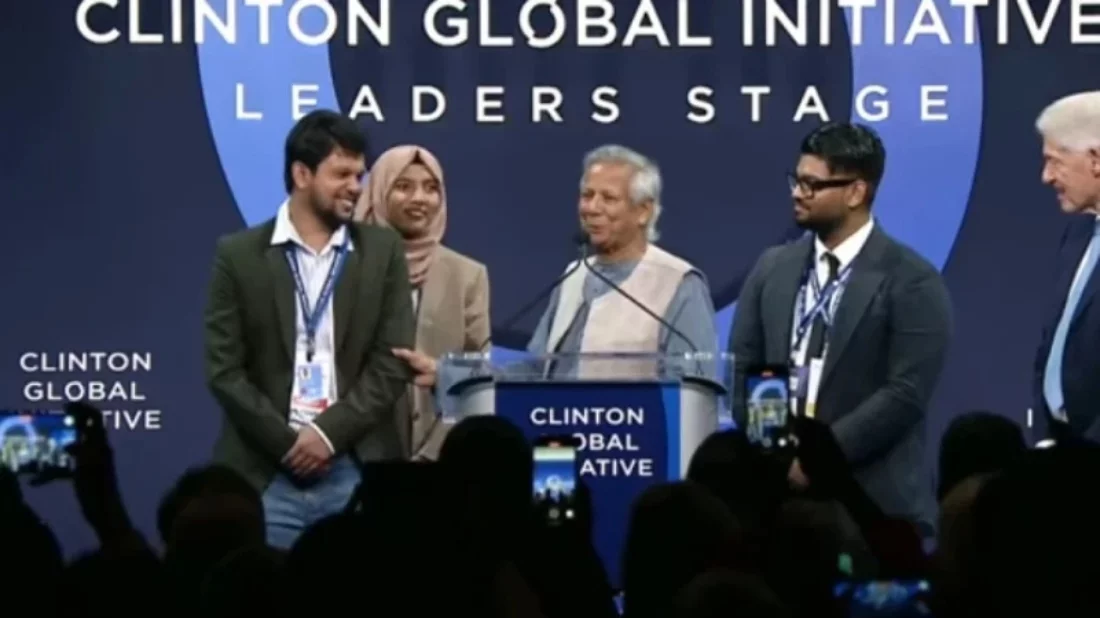During an event organized by the Clinton Foundation, Nobel laureate Muhammad Yunus claimed that the student uprising, which took place in Bangladesh, was meticulously orchestrated. According to Yunus, the uprising was not a spontaneous movement but rather a carefully planned event, with Mahfuz being identified as the mastermind behind it. While Yunus did not go into great detail, his assertion suggested that the protests, which had garnered significant attention, were strategically organized, possibly with the aim of influencing political change or addressing specific grievances.
Yunus's comments sparked considerable interest, as they implied a level of organization and intentionality behind the protests, challenging the narrative of the uprising being merely a grassroots, unplanned demonstration. The mention of Mahfuz as the orchestrator raised questions about the political dynamics and the role of specific individuals in shaping the direction of the protests.
However, it's important to note that Yunus's statement was controversial, and opinions on the subject were divided. Supporters of the uprising argued that it was a genuine expression of the youth’s frustrations, while critics, including Yunus in this instance, suggested there were deeper, perhaps hidden forces at play.
